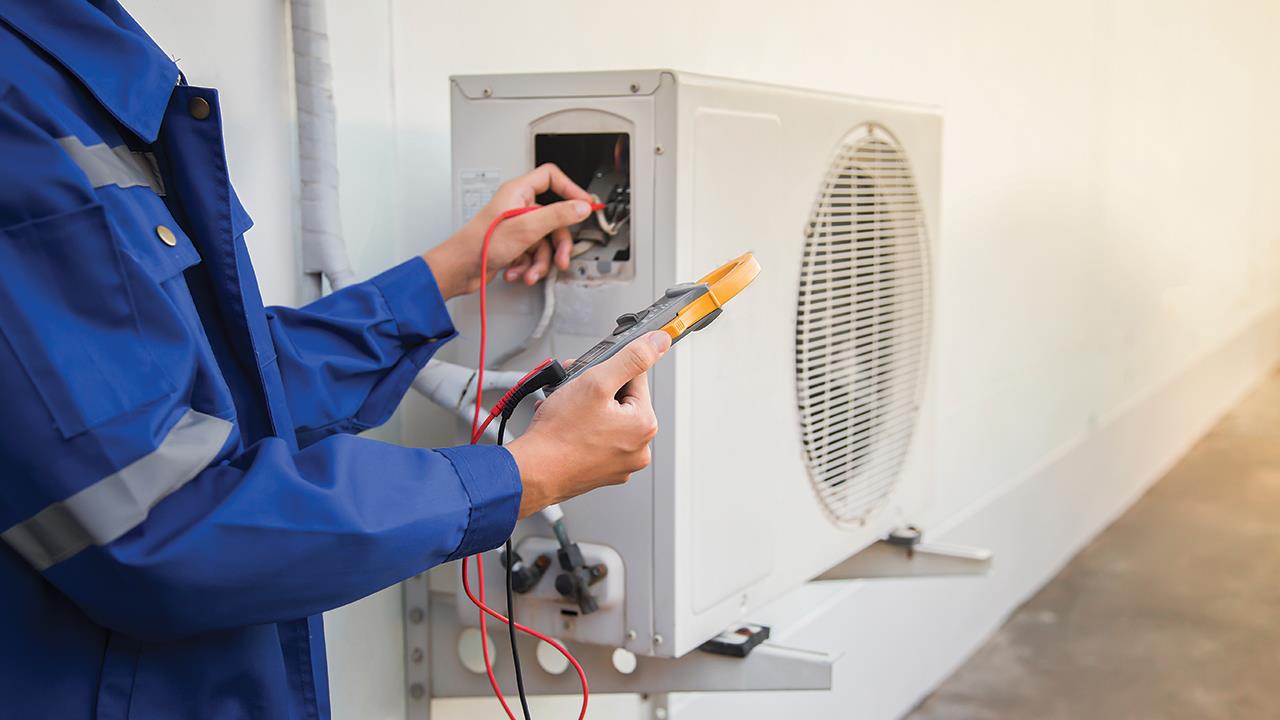

The government has set clear goals to reach net-zero by 2050, an ambitious target that has sparked industry-wide concern about the UK’s ability to decarbonise in a relatively short period of time. A fundamental condition necessary to meet such targets is a significant increase in consumer uptake of heat pump technology.
While increasing consumer demand is one consideration, perhaps more pressing is the upskilling, and availability, of trained heating engineers. The widely accepted figure of 50,000 heating engineers needed to meet the government’s target of 600,000 heat pump installations per year by 2028 may be, in light of recent investigations, impossible.
The HHIC has conducted research into the workforce, and wider industry, leading to a more realistic figure three times higher than the initially estimate. If the structure of the industry remains as it is today, meeting the 600,000 per year target will require 150,000 trained professionals working in the industry.
Why is there a shortage?
The Gas Safe Decade Review states that more than half of the heating engineer workforce is over 50. At this stage in their career, the idea of retraining is understandably not a priority. By the time decarbonisation goals come into play in 2028, retirement may not be far off, and career goals already met.
With this in mind, and a desperate need for modernised skillsets in response to pressing decarbonisation targets, we must look to new entrants into the industry as the primary solution.
However, those new entrants face significant barriers to entry into the industry, as shown by its lack of diversity. According to research by CIOB, 15% of the industry are women, 6% are disabled, and 6% are members of an ethnic minority.
In order to encourage change in that respect, the focus must switch to the education of young people, breaking down the perceived barriers and actively encouraging new entrants across diverse backgrounds. This will open up a wider pool of talents, naturally increasing employment rates.
However, while the younger cohort should remain a priority, the government must push harder than ever to make up the difference at the top end of the scale. There must be an easy route for existing workers who want to add low carbon technologies to their skillset and offer.
Preparing for decarbonisation
In order to encourage the uptake of training in, and commitment to, low carbon heating technologies, the UK will need to introduce long-term and substantive incentives at apprentice level.
With a Royal Institute of Chartered Surveyors survey reporting that 77% of Gen Z are concerned about the availability of labour in the long term, a drive towards increased accessibility and availability of training courses could alleviate this uncertainty.
For example, the Low Carbon Heating Technician Apprenticeship (Level 3 Trailblazer) proposal has been approved. This course provides students with the key knowledge, skills, and behaviours needed for apprentices to become qualified heating engineers, with a focus on decarbonised technology.
Alternatively, to access an overview of all home heating technologies with a chosen specialism, such as environmental technology, there is the option of the Plumbing and Domestic Heating Technician course. All of these courses provide a clear and concise route towards becoming a qualified heating engineer.
With net-zero goals driving progress with low carbon heating systems, these training courses can prepare, and educate, aspiring engineers on the opportunities and trends occurring within the industry. It is important to engage as many heating engineer trainees as possible in areas such as heat pumps, while making the pathways accessible and affordable.
The role of legislation
The news that the Boiler Upgrade Scheme has not been working as intended shows a clear gap in awareness among consumers about low carbon heating.
The HHIC’s whitepaper, Heating Up to Net Zero, examines the impact policy changes might have on infusing decarbonised heating technology into UK households at a faster rate.
Heat pumps, for example, represent a relatively costly upfront expense for most homeowners, so policy must be put in place to incentivise people to take up such technology.
Likewise, without financial motivation, the industry’s workforce is unlikely to retrain, as the effort required is not worthwhile for most. If progress towards the realisation of affordable low carbon heating is to increase, the government must extend its financial support further into the industry.
Collectively, the UK must look towards multiple alternatives if it is to successfully decarbonise heating by 2028 and 2050 targets. While heat pumps offer one potential solution, hydrogen is also cited as the next development in heating technology.
A hydrogen economy has been given momentum by the government proposal to mandate that 1.7 million hydrogen-ready boilers be installed per year at no extra cost to consumers.
This multi-dimensional approach is critical to the UK’s home heating strategy, paving the way to successfully decarbonising the heating economy.
If you'd like to keep up-to-date with the latest developments in the heating and plumbing industry, why not subscribe to our weekly newsletters? Just click the button below and you can ensure all the latest industry news and new product information lands in your inbox every week.